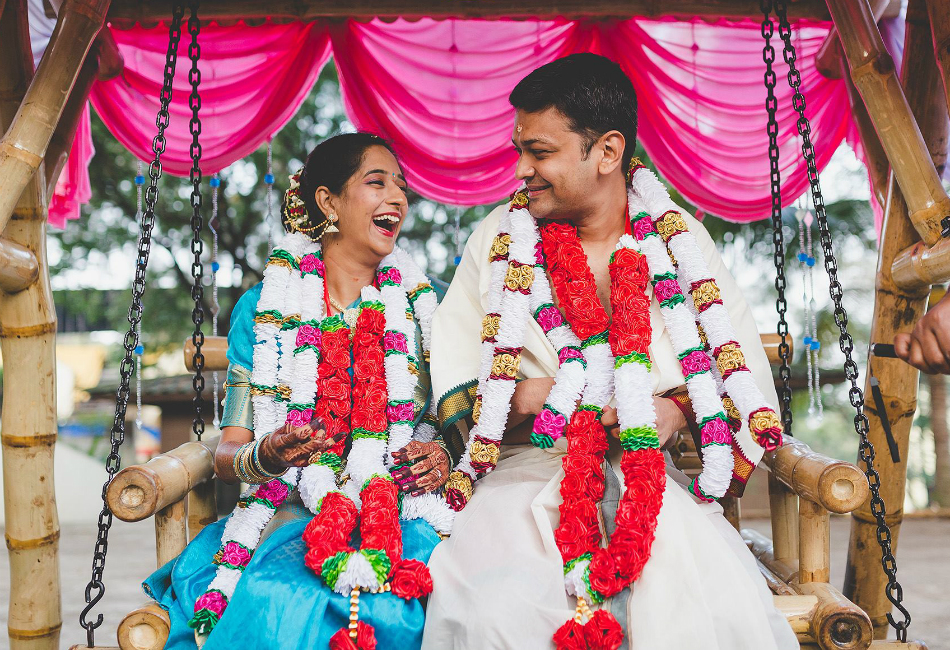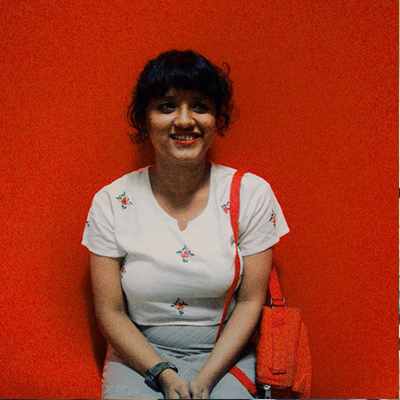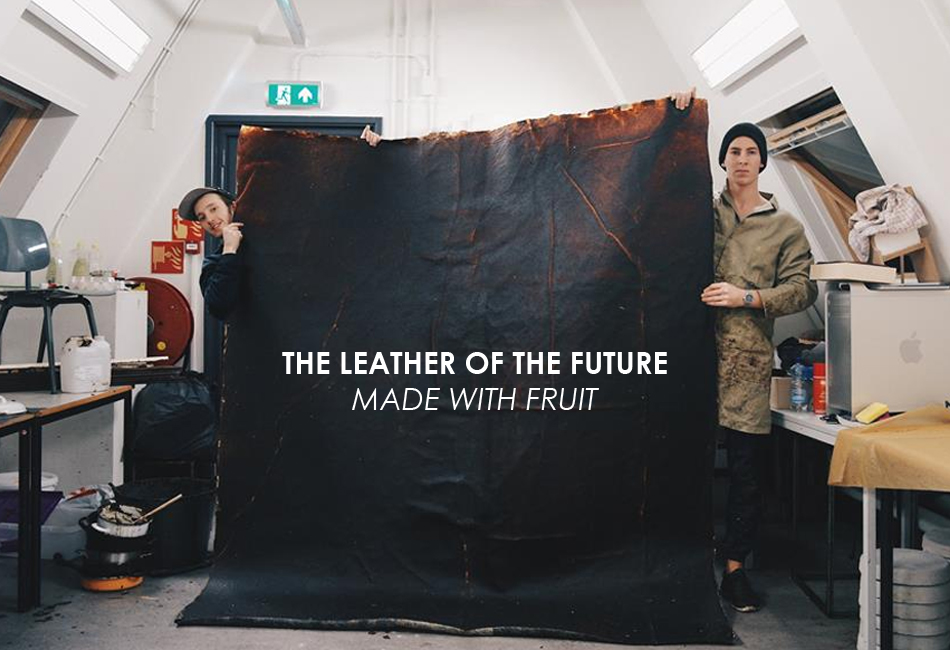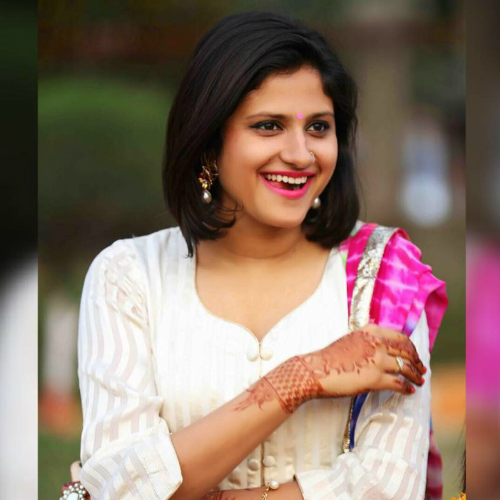Download Free Vegan Starter Kit -
5.png)
Sashi Kiran Tikka:Director of Major, Proud Vegan and Co-owner of The Vegan Café and Store Plantarium
August 12, 2022
Major, based on the terrorist attacks in Mumbai on 26/11, has been winning a lot of attention and favourable reviews. Vegan First spoke to Sashi Kiran Tikka in a candid conversation about his love for animals, veganism, Plantarium, his vegan café and his dreams of a vegan set on a movie shoot!
Hello and thank you for taking the time to talk to me. Jumping right in, do tell me about yourself, your journey and bond with animals. How did it all begin?
SKT: All my life I’ve lived with dogs. The first Alsatian my dad got home, was around the time I was born, so we grew up together like siblings. He was my best buddy. But you know, dogs don’t live long like humans. Caesar went off.
After Caesar we had other dogs and I grew up with them as my siblings. This was at a small place in Andhra Pradesh. A little later we shifted to Chennai, and I missed them. Then I realised the relationship was way beyond what I thought. As I grew older, I started studying these animals and they helped me understand other animals.
And what about the journey into Veganism?
SKT: I was born a non-vegetarian. It’s a part of your diet, considered normal. It’s a part of your culture. But if you see animals in distress, you try to rescue them, save them. Take the animal or bird to a vet and get treated but don’t look at them when it’s killed and becomes meat. Don't tend to decode what is happening. So I kept rescuing and volunteering.
Later when we shifted to Hyderabad I wanted to join the Blue Cross. In the application form, there in one column which asks if you are a non-vegetarian, vegetarian or a vegan? I had to pick non-veg but wondered why they were asking this. I didn't even know what vegan is. I thought vegan is an extension or another word for vegetarian. When the application was accepted they remarked, oh as a non-vegetarian you want to rescue animals. It was with some sarcasm. Then I started thinking about it.
Later, I was making a documentary for Blue Cross. It was my very first documentary on indie dogs, how the population can be controlled, garbage management. While making it I got close to Amala ma’am (Amala is an Indian actress, well-known animal welfare activist and is the co-founder of Blue Cross of Hyderabad).
One day when I was shooting her section for the documentary, someone offered us tea/coffee. We were three of us but only two cups were offered so I refused. Then she said no, I won’t be having because I’m a vegan, I don’t take dairy. This was in 2008 or 2009. After that interview I asked her about this word vegan. She started by telling me how cattle is mistreated.
Later I went to US to study filming, I was already vegetarian by then, but decided to give up leather. I was taking my time to research and get the facts right. Mine was a slow transition. And in 2013 or 2014 I became a vegan.
Tell me about your café in Hyderabad called Plantarium. It is a lovely name. What was the inspiration? What do you hope it achieves?
SKT: It is all about compassion. We are not there to make money. Deepika (wife) has been vegan for long, much longer than me. She always had a dream of setting up a café. We opened in 2018; it's our baby. In spite of everything with the pandemic, we’ve been holding on.
This is the first store in a café in Hyderabad where you can come, eat and then purchase the ingredients. It has become the backup store for the entire vegan community. For example, when you go for a vegan march, people ask the activists what to do for curd, cheese, coffee and butter. The activists immediately say go to Plantarium, they have everything.
.png)
We help new vegans who come in, show them the menu, tell them what to eat. What happens at the café is an extension of activism.
How has this cafe been received in Hyderabad? Do you get a lot of people who are not exposed to veganism but curious?
SKT: Most of the walk-ins are non-vegans. They just love the food. A vegan gets his whole family to eat and explains the menu.
Tell me about your philosophy at Plantarium.
SKT: We veganise items that traditionally aren’t or can’t be. We experiment in the kitchen and make the dish as close as possible to the dairy or meat version. That’s the best part of what we do. We don’t give exotic food but simple items like dahi puri, curd rice, chicken nuggets. It’s a simple menu to help people understand what veganism is; not an exotic menu.
.png)
Source: plantariumstorecafe.business.site/
Getting back to movies: Let's talk about Major. What motivated & interested you towards telling the story of the Mumbai attack.
SKT: There are quite a few movies on 26/11 already. When there is a war, there are many stories. I didn't have any clue about 26/11. I had watched 26/11 unfold on TV but didn’t have any firsthand experience. Major Sandeep Unnikrishnan is one perspective, one story of 26/11.
I started uncovering Sandeep Unnikrishnan, his character, the selflessness that he’s got. I visited his parents in Bengaluru. He’s just amazing. Every soldier is selfless but beyond that selflessness is a great person. He is an animal lover and that’s my first connection with him. He used to rescue a lot of indies in his community and would feed them. He used to care of them, give them shelter, take them to the vet. Yet, this compassionate human being was holding a gun in his hand, I had to tell a story about him.
What was the most challenging thing about telling this story?
SKT: The Taj parts… Taj opened in around 1903 and still looks very good. The craziest part is once you enter the Taj even in broad day light, you can still get confused. It is like a maze. You need somebody to help you out. Now, this hotel is under attack, you need to get the hostages out and it is dark with smoke everywhere. We needed to show this in a film without confusing the audience. That was very challenging. We took a complex story and simplified it for the audience.
Connecting movies and your journey of veganism. There is so much food on movie sets, do you get a say?
SKT: There is a lot of non-vegan food that comes onto the set. That is not something you can control because you aren’t the producer. That isn’t your job. As much as I can, I keep fighting it. When it comes to me hosting a party, I make sure it's all vegan.
My inspiration is the Avatar sequel being shot in the US; all the food on set is vegan. I think we’ll be there one day soon. I’m planning to produce in the future, so then my sets will have vegan food.
And vegan isn’t that strange anymore. I meet people in my line of work, at my café, and they say I am a vegan. The community is growing!
Tell me about the presence of animals in movies. Are the laws in India stringent enough, will they ensure animals are safe?
SKT: Animals are a part of your life and they are a part of movies too. They need to be shown. If you see in Major, there are two three instances where there are some animals, dogs. You need them to perform in a certain way for the camera. It’s not easy because you need to keep more time than humans. You need to be patient. Generally, what used to happen was an inhuman way of getting them to act in front of the camera. But now the law is very clear, you need to get an Animal Officer, you have a protocol in place. An Animal Welfare Board and Blue Cross representative will closely monitor the animals in all the prints and even before getting your censor certification you need to show the approval from both parties that no animals were harmed. The laws are getting better.
I followed every part of these rules because I'm an animal lover. But I think they should be stricter. There are some movies where they bypass these rules. Knowing a few filmmakers, while they say at the start of their movie “No animals were harmed” I really doubt it. But it is really not that difficult because of the technology that exists. There was no tiger at all in Life of Pi! If you use technology in the right way, then you don’t need to harm any animal.
What about representation of characters who are vegan, this kinder world view, on a screen in India?
SKT: We are just a little behind America. In Hollywood today, every other show/movie you have a vegan character. That is because there are so many writers, actors and directors who are turning vegan. At Plantarium, I have vegan celebrities visiting and they keep asking me when I’m going to make a film about veganism. When you are open to the topic and keep talking about it… It’ll happen.
At times, when you start talking about veganism people just want to close the door on that conversation, they understand that meat is cruel and dairy is cruel but they want to deal with it. How do you approach this?
SKT: It’s the storytelling that always helped me. I keep the conversation flowing, make them understand what animals have to undergo for few seconds of pleasure in their mouth. It is always how you converse, how do make them understand, take them into it. You can’t just tell the argument and shout. You shouldn’t give up on it, keep them in the conversation, engage them in the situation and the story. That’s what worked for me.
Is there a tip to help people who wish to attempt veganism and stick to this lifestyle?
SKT: People should watch the documentaries. They are the most powerful medium. These days there are many to watch. Like on Netflix there is Game Changers. It indirectly shows a lot of alternatives (food) that you've got so there is a solution also.
Tell me what was the one thing you found hard to give up when you moved from non-veg to veg and then vegan.
SKT: There was nothing I missed on becoming a vegetarian because I was never fond of eating meat. After becoming a vegan, in the initial days, I missed (Indian) sweets. I have a sweet tooth and I like Bengali sweets, missed that. But now there are alternatives so it’s all ok.
.png)
Can you name me one vegan who inspires you.
SKT: Joaquin Phoenix! My inspiration is his speech when he won the Oscars. I had tears in my eyes. Whatever fame I get from my work, I want to use it for veganism.
That is inspiring.
SKT: Activism is not always holding a placard and walking on a road. Activism is everywhere. It is in your family, you have to talk to non-vegans about veganism. It is on your set. It is in your studio. It is everywhere, everyday. For example, we hosted a potluck two years or three years ago at our café. There was person who was adamant that dairy is essential. I started arguing with him, I don’t think it changed him but to my surprise in 2022, a young chap of around 22 years old, told me that I inspired him to turn vegan. I told him I’ve never met you, but he mentioned being present at the potluck and overhearing me arguing with this person. He said I heard you, went home and didn’t feel like having my cup of coffee. I quit dairy and quit everything.
There is always someone listening. Activism should always be on. And I’m sure it will work. You need to fight for justice everywhere not just when you are with a group of vegans.
Like this? Read: Support THIS Indian Vegan Documentary On The Holy Cow
Read More: But Why Should You Go Vegan?
AUTHOR

trending
Be a Vegan First Informer
Send us buzzworthy news and updates
Explore
Contact Us
About Us
Stay Connected
Copyright ⓒ 2017-2023. VEGAN PASSION PRIVATE LIMITED. All Rights reserved.
For more information, please write to hello@veganfirst.com
Registered Office Address: 55, 2nd floor, lane 2, Westend Marg, Saidullajab, Near Saket Metro Station, New Delhi, Gadaipur, New Delhi South West Delhi, DL

2.png)

.png)

.png)
2.png)
2.png)
2.png)


1.png)





3.png)




